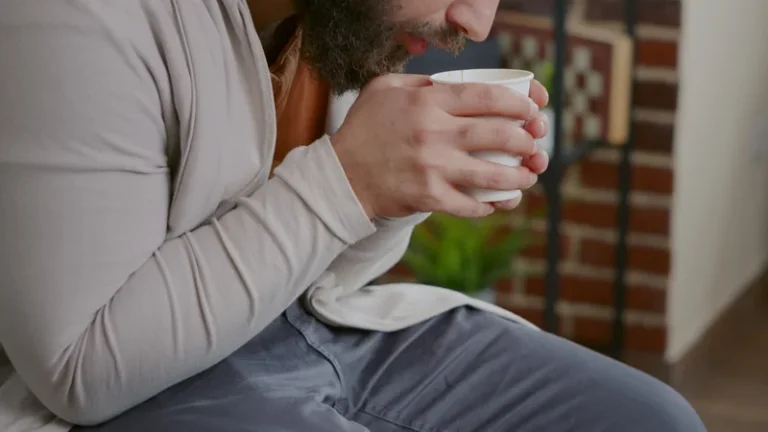
I frequently remarked when life got tough, “This is why I drink.” Years of drinking excessively could mean harming your liver with every sip. Mindfulness activities, such as deep breathing exercises or body scans, can be integrated into daily routines to promote a sense of calmness and clarity.
Renewal Center for Ongoing Recovery
- Although you can’t change your addiction, you can learn how to live a sober life in recovery.
- Step 1 of AA requires a great deal of strength and courage as you accept that alcohol has taken over your life.
- It helps foster accountability and is a profound place of support.
The Narcotics Anonymous (NA) Big Book states that “we were powerless over our drug problem” as its first tenet. Like AA members, NA members believe they cannot control drugs without the help of a higher power. Some other differences–taking your medication typically keeps you out of the hospital. Taking a medication is designed to prevent self-endangerment, while there are no guarantees with an abused substance.
Mental Health Newsletter
- If you’re struggling with alcohol addiction or drug addiction, please contact us now at FHE Health for compassionate help and support.
- A person no longer must hit “rock bottom” to be able to engage in recovery.
- Our primary mission is to provide a clear path to a life of healing and restoration.
- Ambrosia Treatment Center of South Florida is here to help those who struggle with addiction.
- Even if you don’t believe in God, you can still undergo the AA first step.
Although you can’t change your addiction, you can learn how to live a sober life in recovery. Sometimes alcoholics keep their desire to drink secret because they’re ashamed or think that deciding to quit drinking means they aren’t supposed to be tempted. By admitting to at least one other person that you’re having a hard time with your sobriety in Step 1 of AA, you acknowledge that you are having difficulty maintaining control in regards to alcohol. Couples therapy and family counseling is often a part of alcohol treatment since drinking likely impacts your relationships with those in your life. The therapist would help you, and your family members better communicate with each other and strengthen your relationships.

How Will AA First Step Help Me Recover From Addiction?
We offer renowned clinical care and have the compassion and professional expertise to guide you toward lasting recovery. Embracing powerlessness allows individuals to cultivate resilience, humility, trust, and surrender. Through mindfulness practices, seeking support from others, and embracing a higher power or spiritual connection, individuals can find the strength to overcome addiction and lead fulfilling lives in sobriety. A crucial part of completing AA Step one revolves around admitting powerlessness.
Regain Control of Your Life With Steps to Recovery
The concept behind the references to God or a higher power in the 12-step program is to support addicts in the understanding that they need to find a source of strength that’s greater than themselves alone. This could mean God, a general belief system or the recovery community itself. Recognizing your powerlessness over alcohol isn’t a sign of weakness but rather an acknowledgment of the addiction’s strength.
Seeking Support from Others

You have lived in denial, believing you can stop using alcohol at any time. For that reason, addressing your how am i powerless over alcohol misguided thoughts is crucial. That’s why admitting that you are powerless over alcohol is critical.
How to Complete Step 1 of AA

By acknowledging that we cannot control everything in our lives, we learn to adapt and bounce back from challenges with strength and grace. This resilience allows us to navigate the ups and downs of recovery with greater ease, knowing that we have the inner resources to overcome obstacles. In addition, embracing powerlessness cultivates humility, reminding us that we are not invincible and that seeking help and support is a sign of strength, not weakness. This humility fosters a sense of connection with others and encourages us to learn from different perspectives. Understanding powerlessness in sobriety and embracing it as a strength paves the way for a transformative journey towards recovery. It allows individuals to let go of old patterns, accept their limitations, and begin the process of healing.

What is Alcoholics Anonymous?

